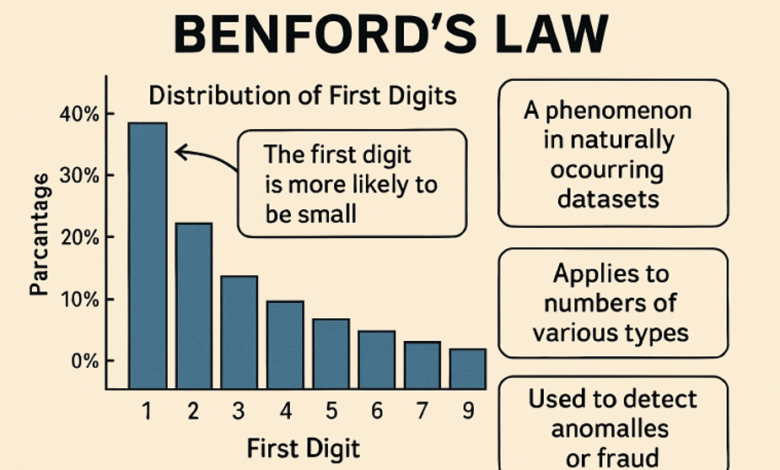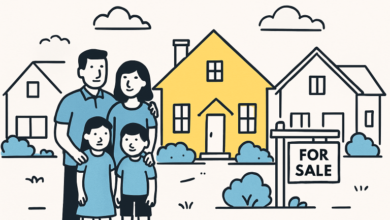The Hidden Costs of Buying a Home and How to Prepare for Them

Buying a home is an exciting step, but for many, the journey doesn’t end with the accepted offer. Numerous unforeseen expenses lie beneath the surface, catching unprepared buyers off guard and affecting their overall budget. Partnering with an experienced local real estate expert, such as Your Home Wichita, can be invaluable as you navigate the purchase process and these hidden costs. Knowing what to expect beyond the sticker price is key to long-term financial stability as a homeowner.
Taking time to factor in often-overlooked costs—from upfront inspections and closing fees to ongoing property taxes, insurance premiums, and maintenance—can make all the difference in ensuring a sound investment for your future.
Home Inspection and Appraisal Fees
The excitement of putting in an offer may overshadow the need for vital due diligence. A professional home inspection, typically costing between $300 and $500, reveals hidden issues that could lead to major repairs later. Meanwhile, lenders often require an appraisal to confirm the property’s value, with fees commonly ranging from $400 to $600. These assessments may seem minor compared to the home’s price, but skipping them can set you up for expensive surprises.
Closing Costs
Many first-time buyers are stunned by closing costs, which can add 2% to 5% to the home’s price. From loan origination and underwriting to title searches, tax transfers, and attorney fees, these charges can add up to $6,000–$15,000 on a $300,000 purchase. Request a Loan Estimate from your lender and review it carefully to avoid any last-minute shocks at the signing table. These costs are non-negotiable and are required to finalize the property transfer.
Property Taxes
Unlike many monthly rental payments, property taxes are an ongoing obligation. The amount varies by state, county, and city, pegged to your home’s assessed value. For example, homeowners in Illinois pay an average of $6,243 each year, which is one of the highest property tax rates in the U.S. Conduct local research to understand your future liability and check the most recent tax assessments on the property you plan to buy.
See also: Transforming Business Operations Through Managed IT Solutions
Homeowners’ Insurance
Most lenders won’t approve a mortgage without proof of homeowners’ insurance. Premiums are influenced by your home’s size, age, location, and risk factors such as proximity to flood zones or areas prone to wildfires. In some regions, annual premiums are modest; in others, especially disaster-prone communities, policies can be a budgetary strain. Shopping around and bundling policies—combining home and auto insurance, for example—can reduce costs. Understanding the scope of your coverage ensures peace of mind if disaster strikes.
Maintenance and Repairs
Homeownership means consistent upkeep and repair responsibilities. A common guideline is to save 1% to 3% of your home’s total value for annual maintenance. On a $400,000 property, this means stashing away $4,000 to $12,000 per year for tasks like HVAC servicing, roof repairs, landscaping, or handling appliance breakdowns. Scheduling regular maintenance can help prevent sudden, costly repairs and hold your property value steady.
Utilities and Services
The monthly expense of keeping your home comfortable should not be underestimated. Utility bills for water, electricity, natural gas, trash collection, and high-speed internet are often higher for owners than renters, especially in larger or older homes with less efficient systems. Before you buy, request historical utility costs from the seller so you can accurately budget for ongoing living expenses. Anticipate higher bills if you move into a significantly larger home or one with outdated infrastructure.
Homeowners Association (HOA) Fees
In many communities, especially condos and subdivisions, HOA fees are mandatory. Ranging from $100 to over $1,000 monthly, these fees fund shared amenities, landscaping, repairs, and administrative costs. Carefully review the HOA’s rules, financial health, and fee schedule before committing to a purchase in such a development. If special assessments are levied for major repairs or upgrades, low monthly HOA dues may balloon over time.
Moving and Furnishing Expenses
Once the deal is closed, moving expenses often crop up much higher than expected. This includes truck rentals, movers, packing supplies, deposits for utilities, and potential temporary storage. In addition, furnishing your new home or making essential upgrades—like adding appliances, repainting, or installing window treatments—can amount to thousands of dollars. Planning and spreading these purchases can help keep your cash flow steady as you settle in.
Preparing for the true costs of homeownership goes far beyond the listing price. By proactively accounting for inspections, taxes, insurance, repairs, and recurring expenses, you can enter this exciting chapter with confidence and financial security.




